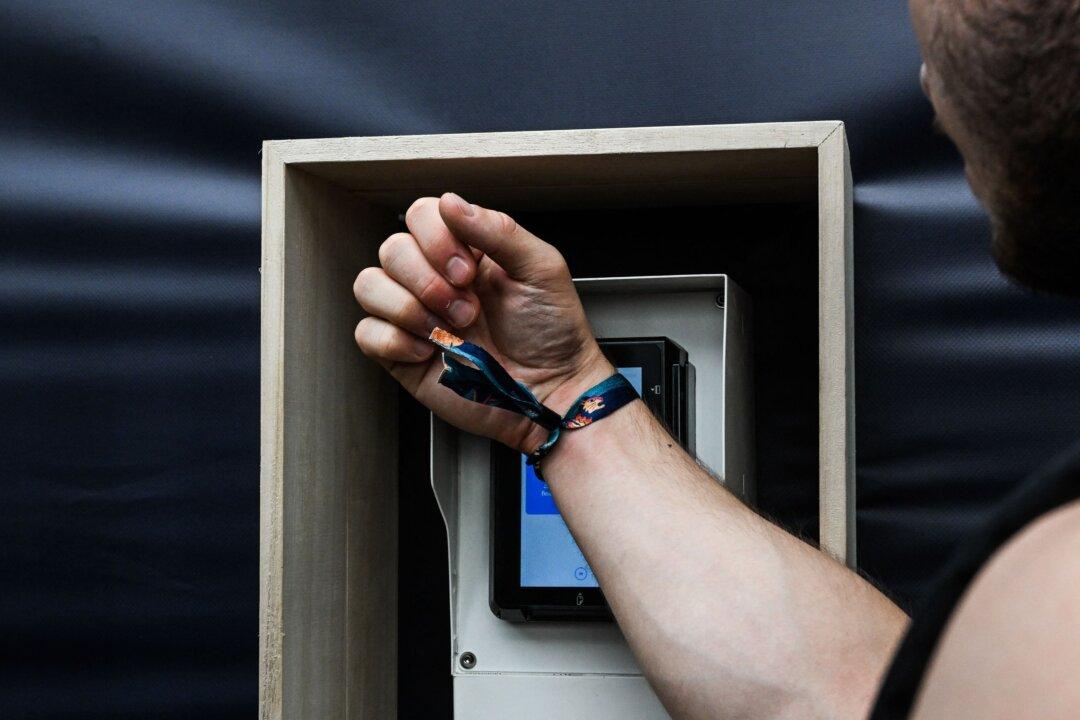Private businesses will be able to join the national digital ID system within two years under amendments proposed by the government.
The Digital ID Bill 2023 (pdf) was introduced to the Australian Senate on March 27.

Private businesses will be able to join the national digital ID system within two years under amendments proposed by the government.